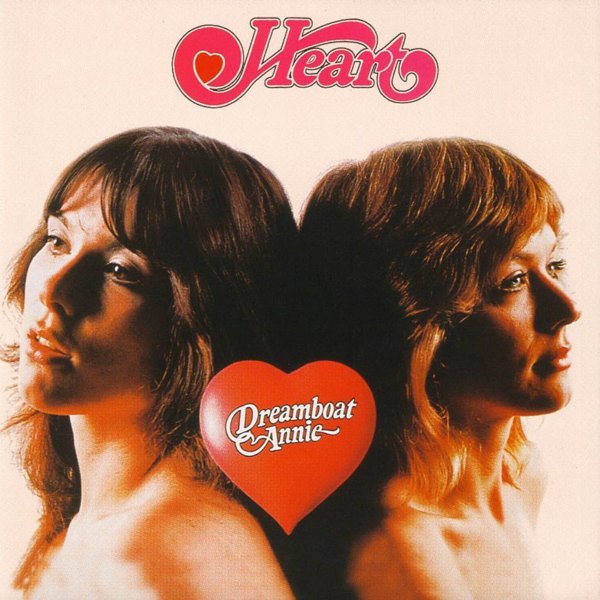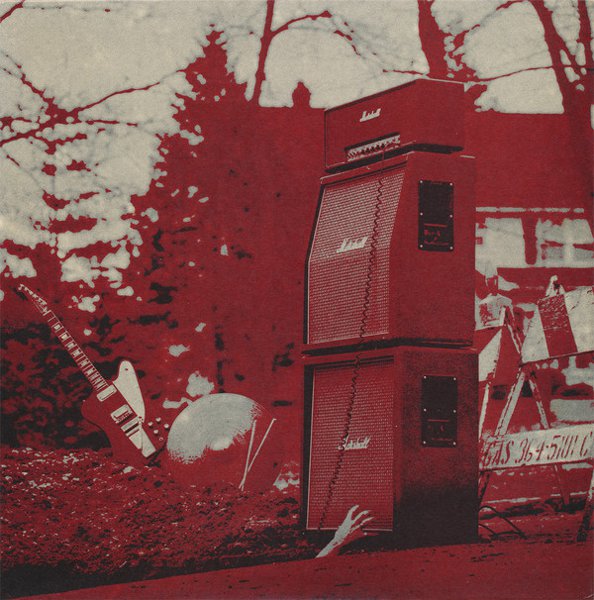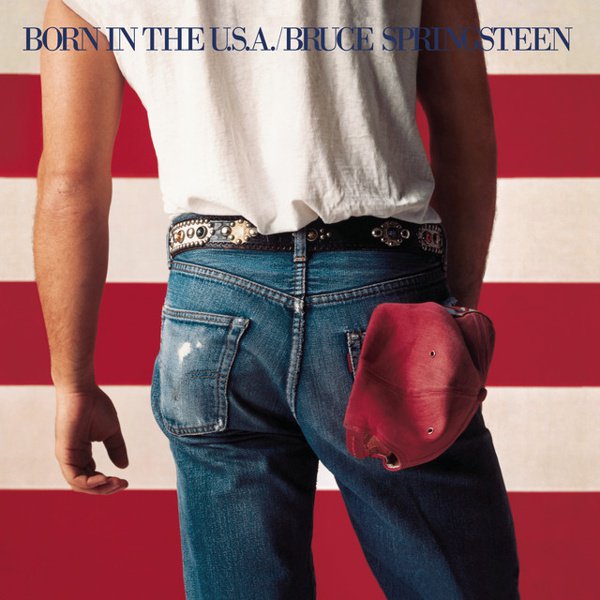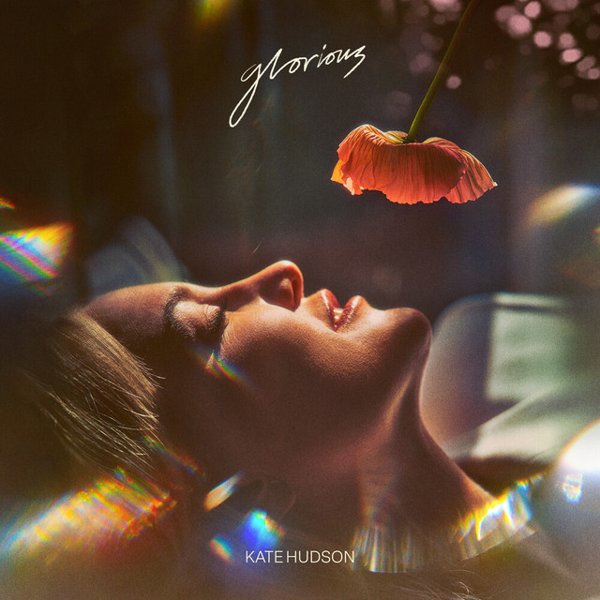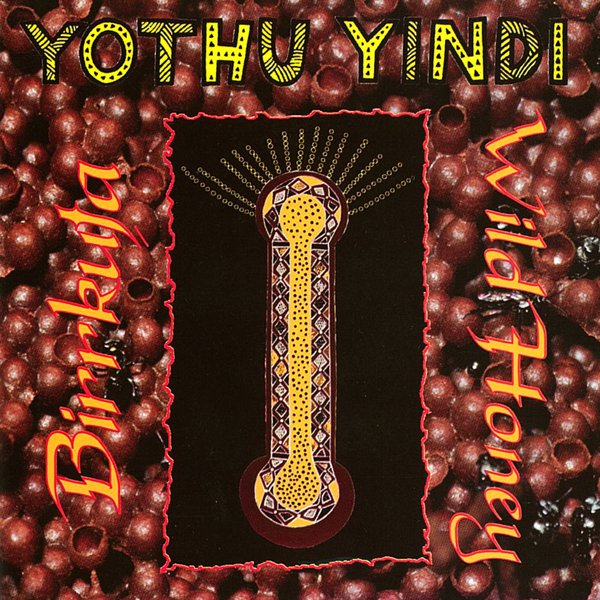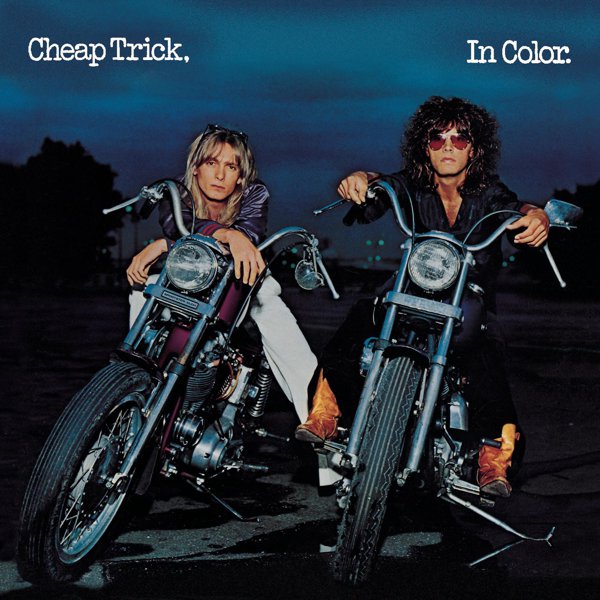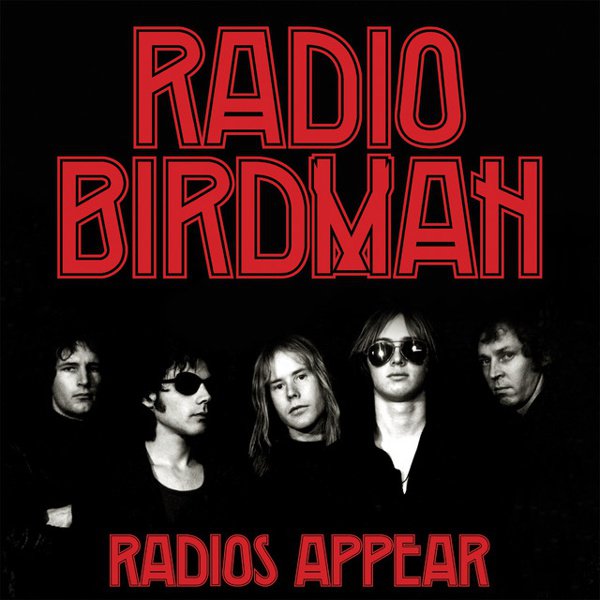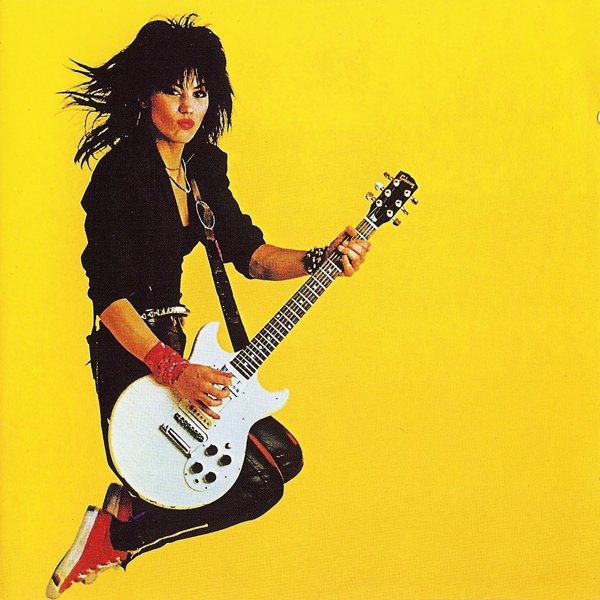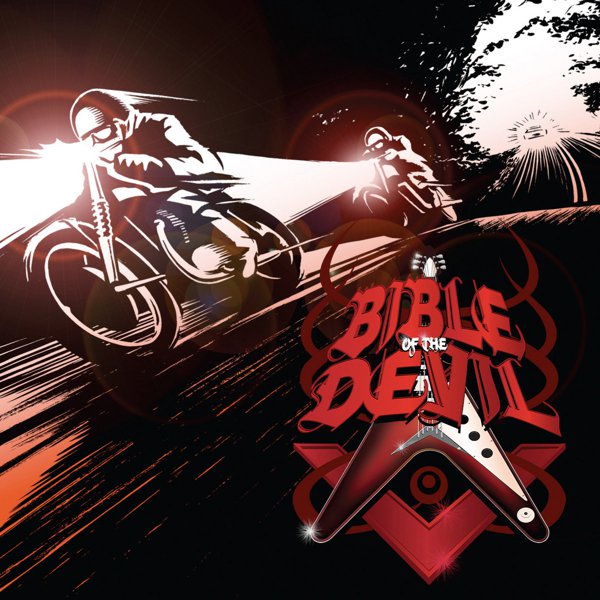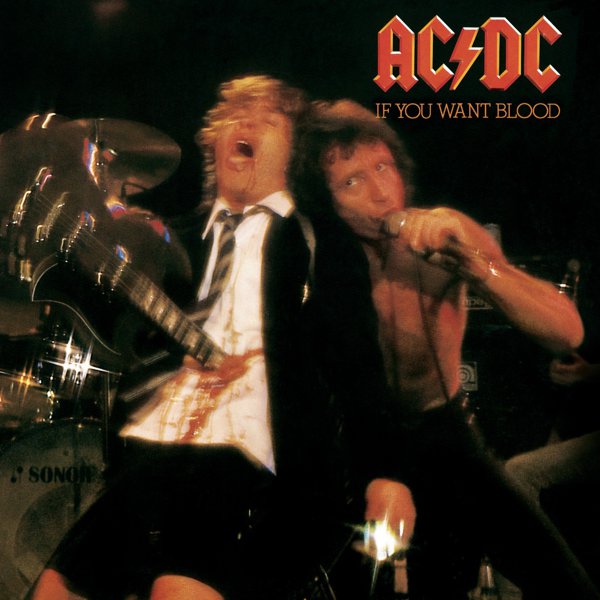Dreamboat Annie
A lot has been said already about Heart’s success staging a woman-led incursion into the traditionally (and needlessly) masc world of hard rock. And if all they’d done was shatter the glass ceiling, that’d be laudable enough — it’s just that they also did so with a rare sensibility, shared by Led Zeppelin and few others in mid ’70s heavy music, that there was still a remnant sense of pastoral psychedelic wonder worth tapping into. Dreamboat Annie proved that feeling translated well from Peter Max VW microbus times to the Frazetta-mural Dodge street van era, particularly in the three big cuts that AOR radio fell for the hardest. The deceptively mellow, gradually intensifying “Magic Man” inverts the hey-little-schoolgirl dynamics of rock tradition for a perspective that centers that young woman’s desire, then expresses a perfect abstraction of that desire not just through the innocence-recalling ache in Ann Wilson’s voice, but with an instrumental break that somehow makes a Minimoog sound romantically enraptured. “Crazy on You,” like deep cuts “Soul of the Sea” and “(Love Me Like Music) I’ll Be Your Song,” draws on undisguised nods to country-rock and folkie precedents that make for fine structures to build arena anthems on; Nancy Wilson’s acoustic intro and Ann’s overdubbed flute do a fair amount to position it as a high-powered update of Fairport Convention — not to mention Ann’s voice at its “what if Robert Plant and Sandy Denny were the same person” peak. And “Sing Child” is just big loud bludgeoning perfection, the omega to the alpha of James Gang’s dirtbag-riff masterpiece “Funk #49.” The non-hits have their pull, too — “White Lightning & Wine” in particular, which is a satisfying slice of ZZ Top-flirts-with-disco boogie rock. And while you could easily label the multi-part title song soft rock, it’s an artfully wistful Christine McVie kind of soft rock, too emotionally weighted to be easy-listening bland. That it’s the common thread on an album with no shortage of hard rock classics speaks to a creative range most classic-rock warhorses of their day hardly had the guts to even attempt.
Recommended by
-
The Proprietor from Shfl

